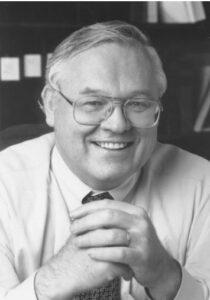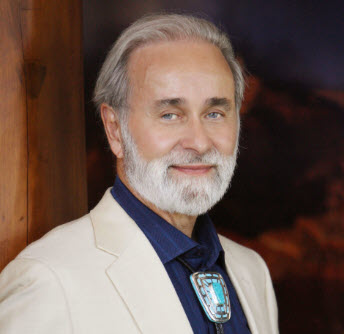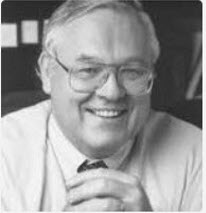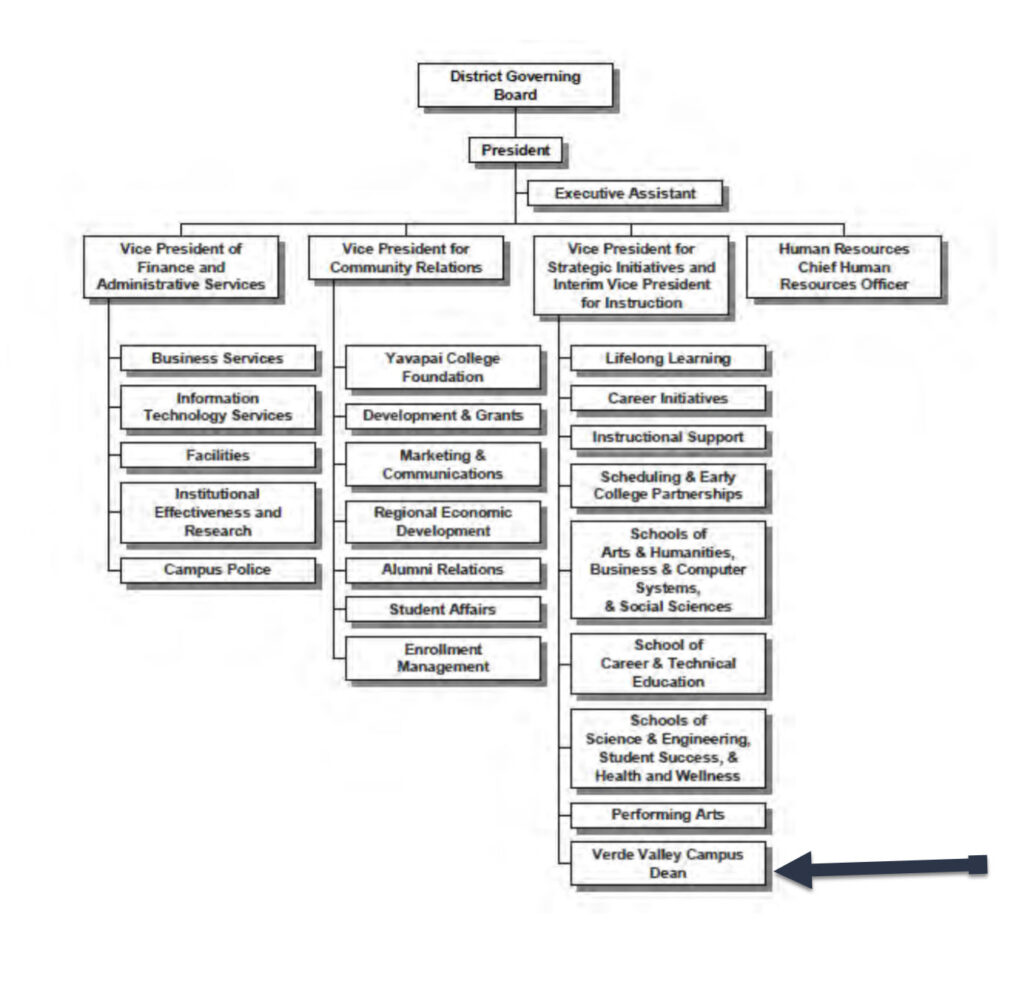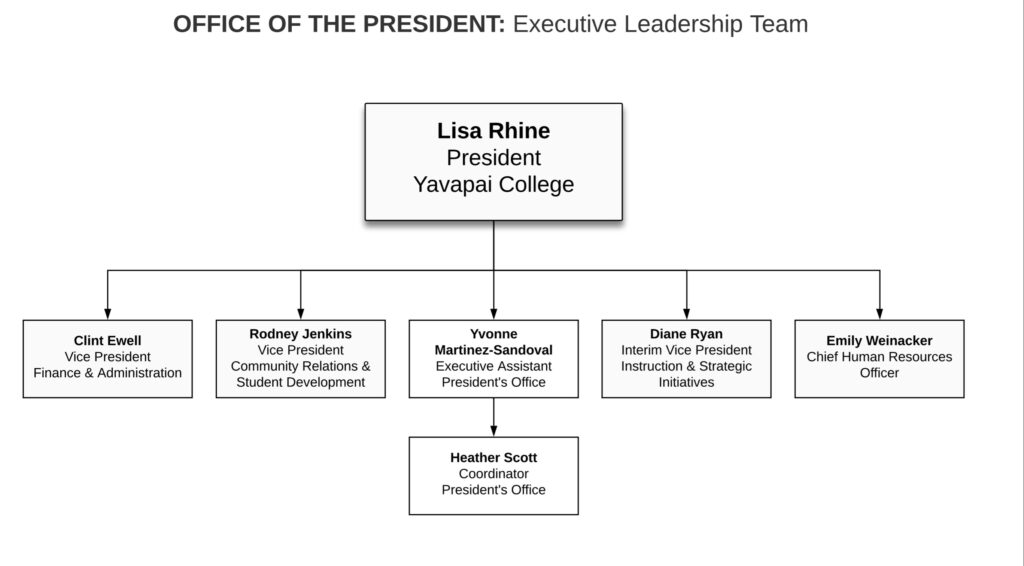So, the Blog has provided what may have avoided them in their education in the following short opinion essay followed by a short series of questions to test their understanding of the role of a free press in a democracy.
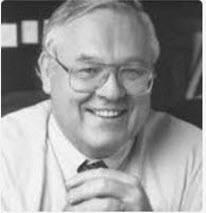
Editor: Robert E. Oliphant
OPINION: It has become clear that some members of the Yavapai Community College District Governing Board and Community College President Dr. Lisa Rhine may have forgotten (or never knew) the basic reasons a free press functions in a free society. At least that is what one gleans from their recent behavior.
For example, in January one Board member referred to the Blog and the Redrock News as the “enemy” with the apparent agreement of another. Also in January, Community College president Dr. Lisa Rhine was working behind the scenes to prevent any video record of a Board meeting being easily made accessible to the public. The Community College’s press department has refused on occasion to either reply or to answer questions put to it by the Blog. Both recent Third District Yavapai Community College Governing Board members (Mr. Chevalier, former member, and Mr. Payne, present representative) have had to resort to the Arizona Public Records law to get information from the College. The College has refused to answer questions put to it by the Red Rock News. One Board member has suggested the press has lied about him but has produced no public evidence in support of that claim.
So, the Blog offers this short essay, prepared by Blog editor Robert Oliphant, explaining the vital role of the Blog and the Red Rock News (and other news outlets) in reporting on the Tax-Supported 100 Million dollar Yavapai Community College.
Introduction: In the fabric of democratic societies, the press, including local newspapers and the Blog, serve as a cornerstone, with their role extending beyond mere dissemination of information to actively shaping public discourse and holding Yavapai Community College accountable. Tax-supported educational entities, like the Community College, hold a unique position. The local press plays a crucial role in accurately reporting on its activities, ensuring transparency, accountability, and the maintenance of democratic values. This essay explores the significance of the local press and the Blog in reporting on Yavapai Community College and explains why their role is indispensable to the sustenance of democracy.
First: First and foremost, tax-supported educational entities like Yavapai Community College, owe their reliance on public funds and carry an overwhelming responsibility to serve the public interest. The residents of Yavapai County have entrusted the Community College with nurturing intellect, advancing knowledge, and fostering critical thinking, all of which are vital for the functioning of a democratic society. However, without effective oversight, there exists a risk of mismanagement, corruption, or deviation from its core mission. Herein lies the critical role of the local newspapers and the Blog. Through investigative journalism and impartial reporting, the Red Rock News (and other media) and the Blog serve as watchdogs, scrutinizing the operations of the College and bringing any discrepancies to light. By exposing instances of financial impropriety, academic misconduct, or administrative malpractice, the Red Rock News (and other media) and the Blog act as a catalyst for accountability, ensuring that tax dollars are utilized efficiently and ethically.
Second: Moreover, the local press plays a pivotal role in promoting transparency within this tax-supported educational entity. Transparency is indispensable for maintaining public trust and facilitating informed decision-making. When the Community College and its Governing Board operate behind closed doors, shielded from public scrutiny, it erodes the very foundation of democracy. By actively engaging in investigative reporting, the Red Rock News (and other media) and the Blog shed light on the inner workings of the Community College, unveiling hidden agendas, conflicts of interest, and decision-making processes. Through access to information laws and investigative journalism, the press holds the Community College accountable for its actions, and in turn foster a culture of openness and accountability.
Third: Furthermore, the Red Rock News and the Blog (and other local media) serve as a conduit for amplifying diverse voices within the educational landscape in the County. Yavapai Community College is not a monolithic entity; it encompasses a myriad of perspectives, ideologies, and interests. However, without robust media coverage, certain voices may be marginalized or silenced. The press plays a crucial role in amplifying diverse perspectives, shedding light on issues such as academic freedom, diversity, equity, and inclusion. By providing a platform for dissenting voices and marginalized communities, the goal is to enrich public discourse and foster a more inclusive educational environment.
Fourth: Beyond the confines of Yavapai Community College, the role of the press in reporting on the tax-supported Yavapai Community College extends to its broader implications for democracy. An informed citizenry is the bedrock of democracy, and access to accurate information is essential for citizen participation and engagement. When the Red Rock News or the Blog (or other media) fail to hold educational institutions accountable or neglect to report on issues of public concern, it undermines the democratic process. Conversely, when the local press fulfills its role as a watchdog, it empowers local citizens to make informed decisions and to hold elected District Governing Board officials accountable.
Conclusion: In conclusion, the Red Rock News (and other local media) and the Blog play a vital role in accurately reporting on the activities of Yavapai Community College. By serving as a watchdog, promoting transparency, amplifying diverse voices, and empowering citizens, we uphold democratic values and ensure accountability within the Community College. In an era marked by increasing scrutiny of public institutions and growing demands for transparency, the role of the Red Rock News (other media) and the Blog in safeguarding democracy has never been more critical. As guardians of the public interest, the news media must continue to fulfill their duty with diligence, integrity, and unwavering commitment to truth.
SELF TEST: Having read the essay, you may now test your understanding of the role of the free press in Yavapai County by answer the following questions:
-
What is the role of the press, including local newspapers and blogs, in democratic societies, particularly concerning tax-supported educational entities like Yavapai Community College?
-
Why is it important for tax-supported educational institutions to be transparent in their operations?
-
How do local newspapers and blogs act as watchdogs over Yavapai Community College?
-
What potential risks are associated with tax-supported educational entities operating without effective oversight?
-
How do journalists promote transparency within Yavapai Community College?
-
Why is amplifying diverse voices within the educational landscape considered crucial, and how do local newspapers and blogs contribute to this goal?· What broader implications does the role of the press in reporting on tax-supported educational entities have for democracy?

